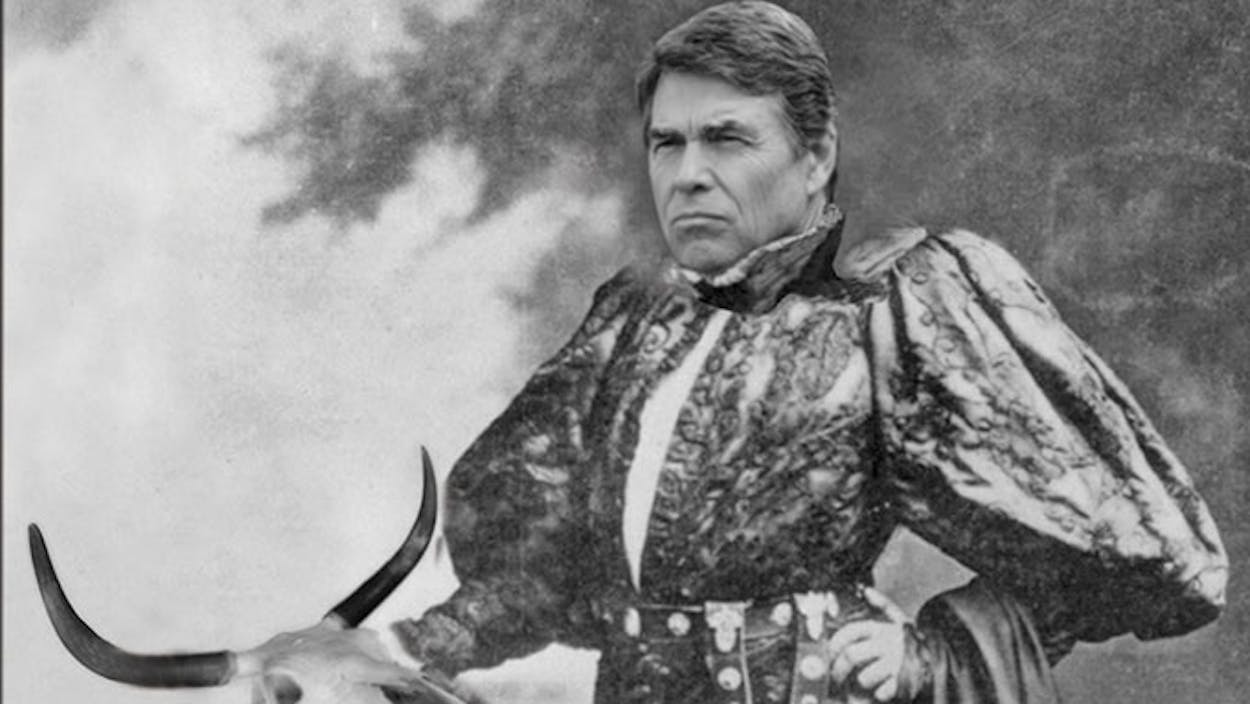What do the letters “UT” really stand for? Over the past few years, “University in Turmoil” might have been the best guess. That’s what happens when the governor barely conceals his desire to oust the president of the flagship campus and the UT System Board of Regents splits into factions over pretty much everything. Not exactly the idyllic scene of students sitting on a blanket under a live oak studying Shakespeare. But the not-so-faint whiff that something is rotten in the city of Austin got even stronger in February, when Francisco Cigarroa, the respected chancellor of the UT System, announced that he was stepping down. Zounds! Did things just get a whole lot worse?
Adding to the confusion was Rick Perry’s decision to let the regents know that they should consider his friend Kyle Janek, a former state senator whom he appointed to head the Health and Human Services Commission, for the chancellor position. As expected, the response was mixed. On the plus side, it was noted, Janek has a medical degree (as does Cigarroa), and he knows the back corridors of the Legislature. But the HHSC has nothing to do with higher education (Cigarroa was previously the president of the UT Health Science Center at San Antonio), and Janek’s résumé doesn’t include the management experience usually required to run an institution with 87,000 employees and an annual operating budget of $14.6 billion. “Nobody is the perfect candidate,” notes Charles Miller, a former chairman of the UT System board. “I always ask, ‘Compared with what?’ ”
Like Kremlinologists of old, observers in Austin were left scrambling for clues: Was the governor trying to calm the waters, or was he engaging in preemptive meddling? The former, apparently; it wasn’t lost on the Longhorn community that Janek’s wife, Shannon, is a development officer at UT, and a source close to the board says that Janek has made clear that he will leave UT president Bill Powers alone.
Still, consider that while Perry has the power to appoint the regents, he has not had a lot of luck in persuading them to pick his people to run our public universities. In 2002, at his alma mater, Texas A&M, he wanted Phil Gramm installed as president; the board selected Robert Gates. When the chancellor position at UT came open in 2009, he backed John Montford; the board tapped Cigarroa. And last year, when Texas A&M was choosing an interim president, he endorsed an old colleague, Guy Diedrich; the board chose Mark Hussey. It’s tough to imagine he’ll have any better luck when he’s got one foot out the door of the Governor’s Mansion. “There is a perception that Governor Perry’s power has eroded as he approaches the end of his tenure,” says H. Scott Caven, a former UT regent chair.
But the potential for a power struggle—perhaps the last of the Perry era—obscures the $14.6 billion question: Has the partisanship surrounding UT in recent years damaged the system’s ability to attract a world-class candidate? As of press time, a House select committee was considering whether to initiate impeachment hearings against regent Wallace Hall for overstepping his authority in requesting information from UT that, many believe, he hoped to use against Powers. The spectacle of those proceedings could scare off any number of worthy heirs to Cigarroa—a plot twist worthy of Shakespeare himself.








